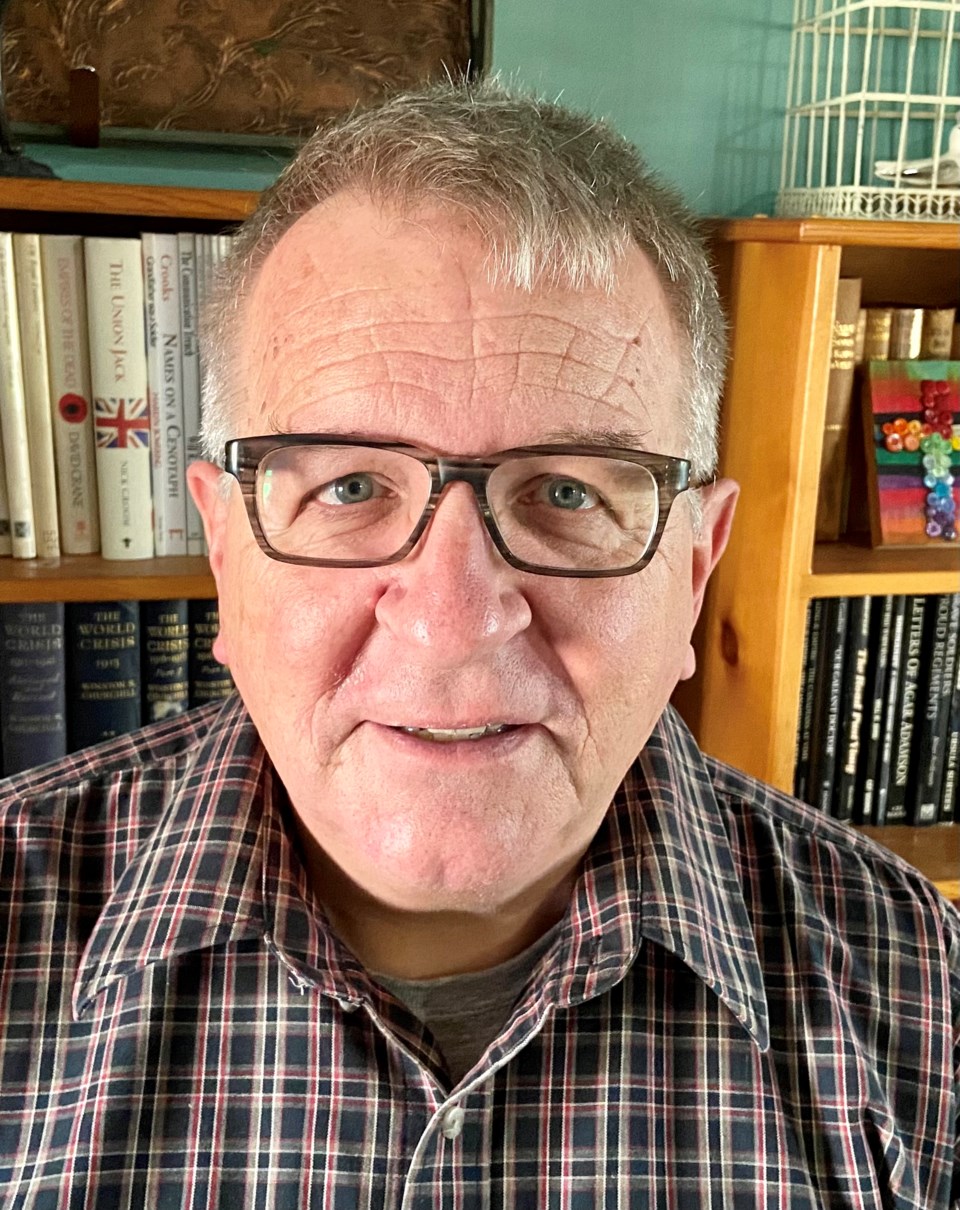As Remembrance Day approaches, I am aware that a diverse group of Delta citizens will gather to remember the sacrifices of people who are named on our cenotaph.
This year three names were added of Delta residents who died in service to their country.
Peter Broznitsky our local military historian pointed out that a First Nations veteran is named on our cenotaph. Rifleman Walter Williams of the Chewassen Reserve, newly married, joined the Regina Rifles in 1943. Landing in Europe after D Day he was killed in action at age 20. Interned in a Canadian War Cemetery in France, it took his widow seven years to receive his service medals.
In battle soldiers are supposed to look past the race or religion of those they serve with. Our skills and commitment, not our ethnicity, gender, sexual orientation, or spiritual path should be paramount.
I say this, yet also knowing that over the centuries, female and minority service members have experienced abuse, discrimination and racism that has at times been condoned, ignored, and protected in a cone of silence by those they serve with or lead them.
While ministering in Duncan, B.C., I knew an older First Nations veteran. While deployed he felt accepted by his brothers in arms and was proud to serve, yet when he returned to Canada, his country was lacking in gratitude for his service.
Returning to Canada he was denied the right to vote. He could not drink alcoholic beverages with his comrades. On the trip across Canada, he was segregated from those he fought with and was taunted with racial slurs. On the trip from Vancouver-to-Vancouver Island while his white comrades relaxed on the top deck of the ferry, he was forced to sit on the car deck because he was in his own words “a good for nothing Indian.”
Then there was my Hamilton Grade School Principal, of Japanese origin born in Canada. He was a man of integrity, dignity, and compassion.
Later in life I heard his story. Born in Vancouver he and his family were interned at the outbreak of the war. Volunteering for military service, he rejected.
This was common in B.C., which was one of the provinces in Canada that discriminated heavily against its Japanese citizens. While interned his family’s home, business, and possessions were sold to white people for pennies on the dollar.
It was only when the Allies turned their attention to the war in the Pacific and there was a shortage of interpreters that he had reluctantly allowed him to enroll.
Initially Japanese Canadians were encouraged to enroll in the British Army so that they could not demand the vote after the war. At wars end the interned Japanese Canadians had two choices - deportation to Japan - a country many of them had never set a foot in or go “East” of the Rockies. That is how he ended up in Hamilton.
In his book We Went to War, Roy Ito writes: “In the newly created United Nations, Canada pledged to support fundamental human rights, the dignity and worth of the human person, and the equal rights of men and women. Racial prejudice and animosity were no longer popular.”
Japanese Canadians gained the right to vote in 1949.
First Nations Canadians were not able to vote until 1960.
It was not until the 50th Anniversary of The Second World War that that white Canadians began to acknowledge and express appreciation for the service and sacrifice of veterans from minority cultures in our society.
I am honoured to gather amidst the incredible diversity of our Delta community on Nov. 11 - a diversity of race, gender, and religion.
I will also be aware of how this country that I love and was proud to serve for 26 years all service personnel equally and with respect that has not treated us all equally and with respect and it is still happening today.
As we move into the future, I pray we will celebrate this incredible diversity rather than fearing it. I pray for the day in our public ceremonies such as Nov. 11 we will honour the spiritualties of our First Nation’s as well as from the Sikh, Hindu, Muslim, Buddhist, Christian, and other traditions that create the beauty of our diverse country.



